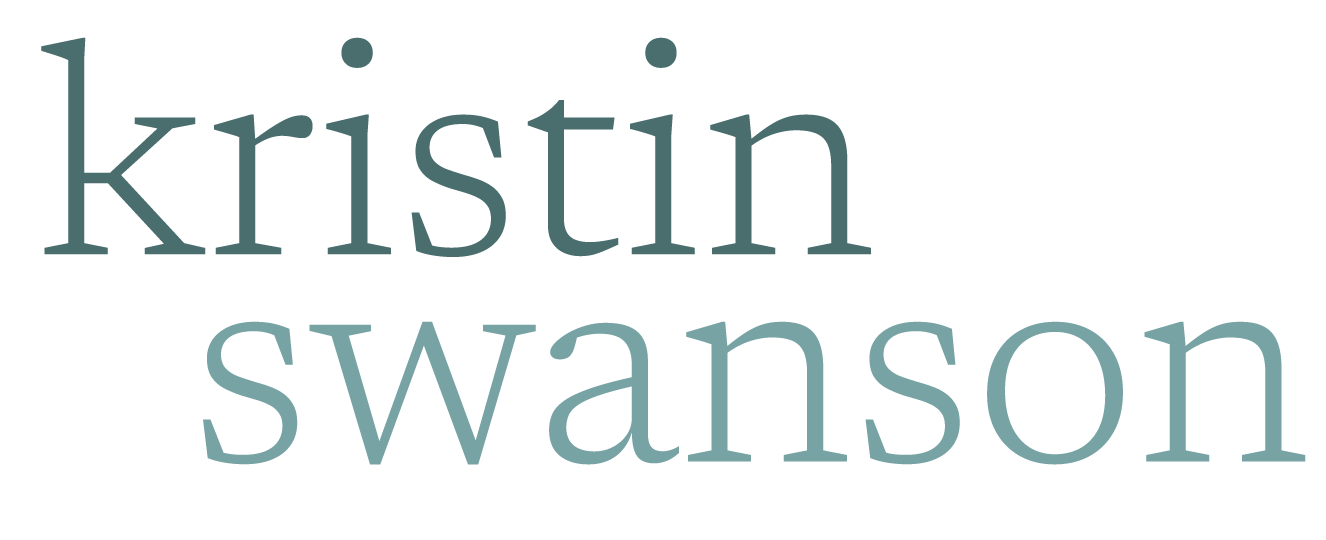Uncover the Wasted Time in Your Day
Do you know where exactly you spend your time on most days? There are a lot of tools and techniques to get underneath this. Some ideas are; use an app like Toggl to track each task, do a manual “time audit” and write down what you do all day with timestamps, or use a device like Timeular.
Another easy exercise is to simply sit down with a journal and pen and ask yourself: what am I busy doing INSTEAD of my most important actions? Then brain dump a list of things that you find yourself doing in place of activities that you intend to do.
At this point, it's easy for a nasty inner voice to sneak in and beat yourself up about this tendency. Remind yourself, this is not the intention of this activity. Thank the voice for trying to keep you safe and tell the voice to sit tight for a minute while you allow yourself to be a non-judgmental observer. Think of it as a research assignment. Get the full list down on paper.
Now that you know the common culprits, you can start to dig a little deeper into your behaviors and patterns. Here is a sample list:
Social media scrolling
Netflix
Checking email non-stop
Household chores (dishes, folding laundry, tidying, clearing clutter, etc.)
Doom-scrolling
Caretaking (kids, elderly parents, friends in need, etc.)
Texting
Notice how some of these things are legit tasks that one should absolutely do on a given day so it's not all bad things that you need to cut out. Perhaps you just need to get more organized with the amount of time spent and/or obtain support with some of these regular responsibilities like laundry, checking email, and taking care of your kids.
As with many areas of personal development, awareness is your first step toward changing your behavior. This is why quieting your inner critic is so important. If you never do this exercise because it doesn’t feel good to look at behaviors you aren’t super proud of, you would never be able to change. You can’t change something that you won’t acknowledge is there! So allow these feelings to be present and do this uncomfortable but important work.
Now that you have the awareness, it makes it easier to adapt and evolve. Start small but choose one or two areas where you want to make a change. Let’s take email as an example. Claim clearly what your intentional behavior change is. If you find yourself incessantly checking email all day long, maybe your intention is to spend only two hours per day on email. Choose a few key times when you will check email and put that time on your calendar (for instance 9 a.m. and 2 p.m.). Be sure that you also have an end time for when you will stop processing your email. When the time is up, shut it down, turn off all the dings and notifications, and don’t revisit it until your next designated “email processing” time. This is a hard habit to break because our brains enjoy the dopamine hit that we get when new information comes in. The problem is that just because it is new and there is a dopamine rush (i.e. it feels good), does NOT mean that it is your most important task (even if the sender marks it as “urgent”).
Once you’ve chosen the behavior that you want to change, keep practicing it, and be patient with yourself. You will probably find yourself falling back into old patterns occasionally and that is normal, you are human. You can always begin again the next day or as soon as you catch yourself. Once you’ve eliminated one of your time wasters, you can move onto the next one on your list. The momentum will build with each positive change that you make in eliminating your time wasting habits! Want to dive deeper into this work? Join my Overcoming Procrastination Workshop, click here to register.
